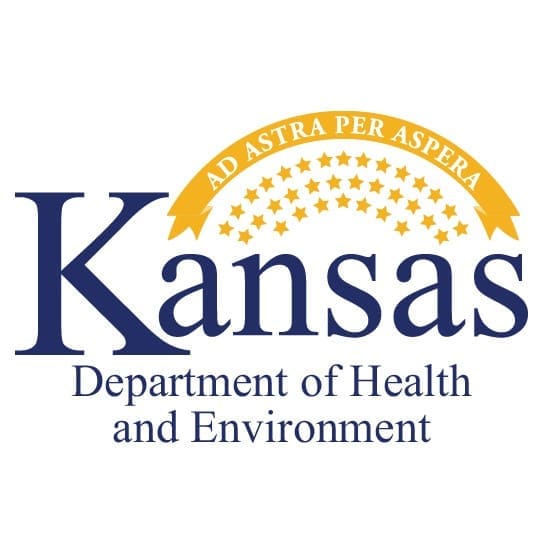The Kansas Department of Health and Environment (KDHE) urges caution around wild birds and backyard poultry due to increasing reports of highly pathogenic avian influenza (HPAI) A (H5N1) in Kansas and nationwide, though the risk to the general public remains low.
HPAI primarily affects wild birds, but since early 2022, it has infected various species, including domestic poultry, dairy cattle, wild carnivores like skunks and raccoons, and domestic cats. The virus spreads mainly through migratory waterfowl such as ducks and geese. Fall migration in November and December has increased exposure, resulting in HPAI cases in six backyard flocks and two commercial operations in Kansas since December 3.
While human infections are rare, HPAI can spread to people through close contact with infected birds or animals. KDHE, alongside local health departments, monitors exposed individuals for flu-like symptoms. No human cases have been reported in Kansas, but 66 mild U.S. cases were identified in 2024, mainly linked to poultry or dairy cows.
For safety tips, visit CDC Avian Influenza.













